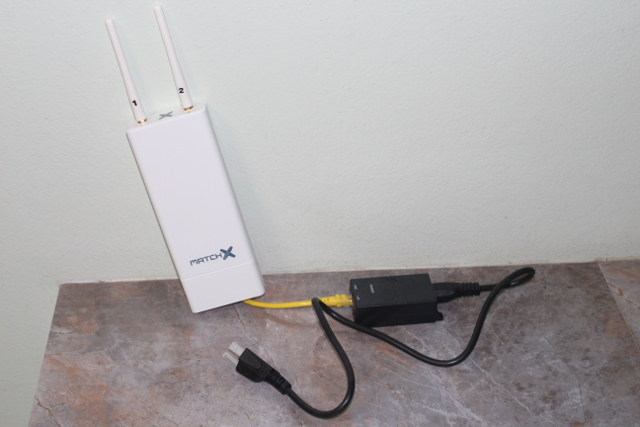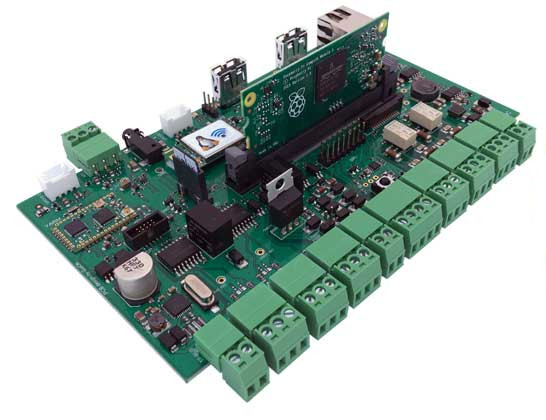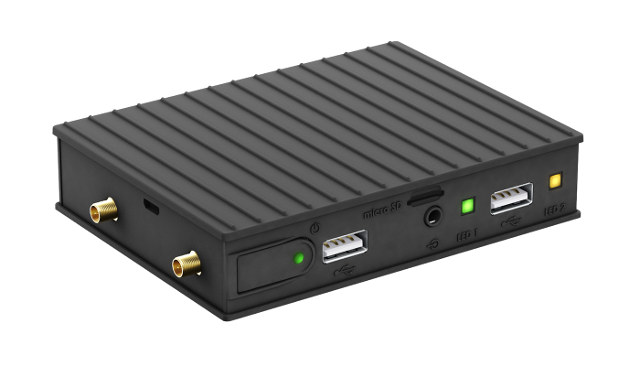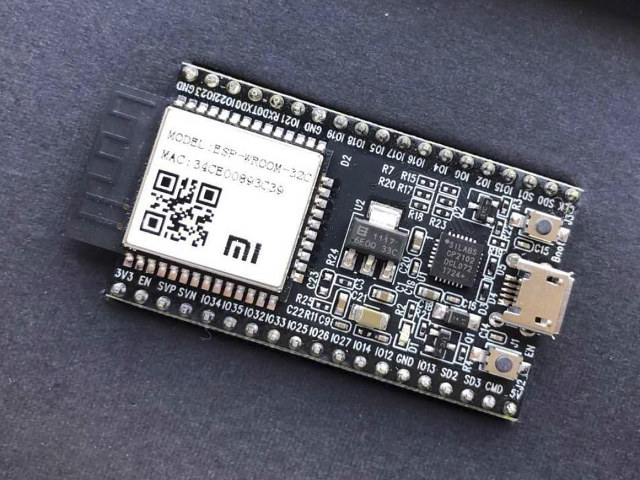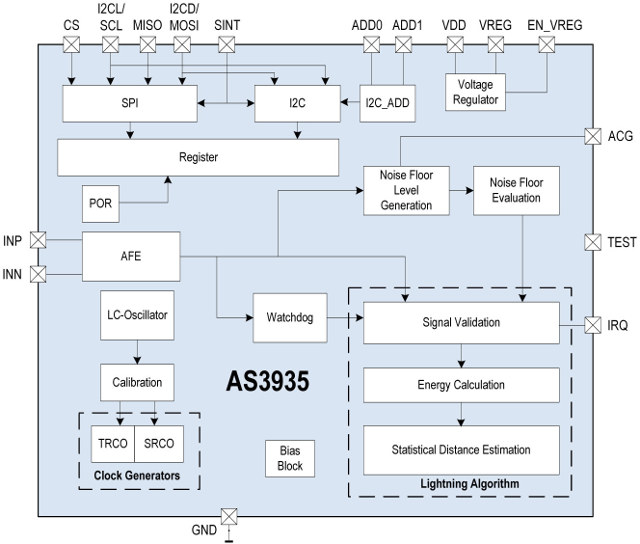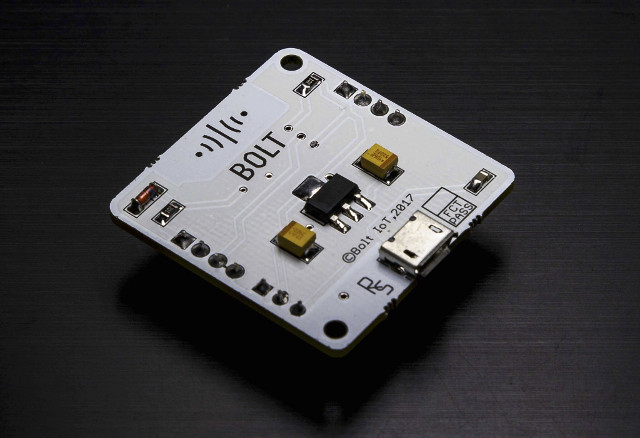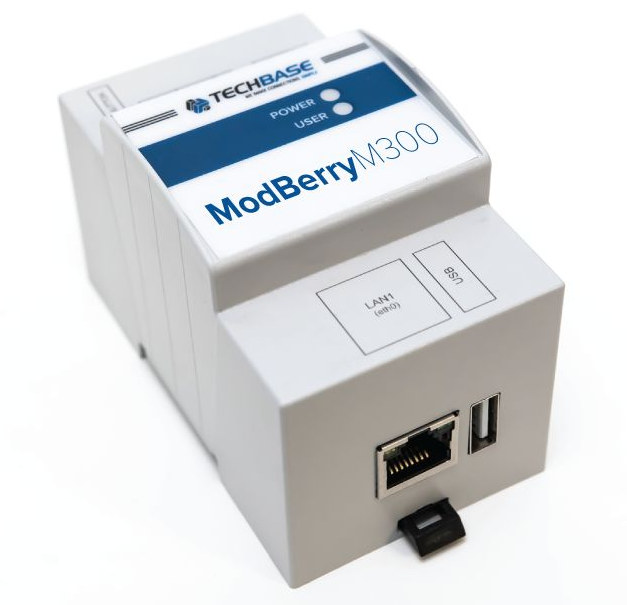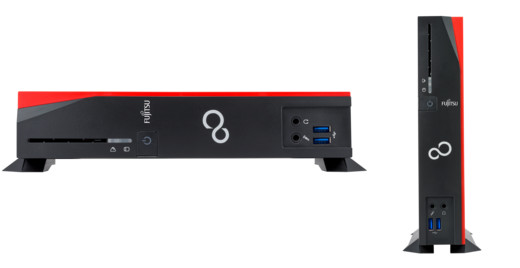Last spring, I wrote about MatchX.io MatchBox LoRaWAN gateway with GPS, WiFi, and Ethernet connectivity. The gateway is equipped based on a Mediatek WiFi module running Linux (OpenWrt/LEDE), Semtech chips for the LoRa part, and support up to 65,535 nodes, such as the as well as MatchStick, MatchModule, and MatchCore sensors provided by the company. I’ve just received MatchBox gateway for review, but I’m still waiting for 920-925MHz LoRa nodes as they are going through the FCC certification process, and I also have to wait for clarifications regarding local regulations. So in the meantime, I’ll check out the gateway hardware. MatchBox LoRaWAN Gateway Unboxing The gateway is shipped with a power supply, power cord, two antennas, an installation guide,… as well as three screws and pegs to wall mount the gateway and power supply, and in case you want to install the gateway on a pole, as shown below, for […]
Acme CM3-Home is a Raspberry Pi 3 Compatible Board Designed for Home Automation
Raspberry Pi CM3 & CM3L modules are used in so many devices it’s hard to keep up. From NEC digital signage displays, to industrial touch panels, and IoT gateways, the Broadcom BCM2837 based system-on-module are found in more and more products and solutions, and number of announcements seems to have increased over the last few months. The latest product to leverage Raspberry Pi CM3L SoM is made by Italy based Acme Systems, and designed for home automation. CM3-HOME comes with opt0-isolated inputs compatible with KNX and DALI buses, various connectivity options (Ethernet, WiFi, Bluetooth, 868MHz ISM radio…), and other expansion port. Two edition of the boards are available: LITE and FULL, with the former suitable for most home automation project, and the latter adding support for some commercial lighting systems and energy harvesting Radio ISM nodes. Acme CM3-Home specifications: 200-pin SODIMM Module Slot compatible with Raspberry Pi CM3 / CM3L […]
Compulab IOT-GATE-RPi Industrial IoT Computer is Powered by Raspberry Pi CM3 Module
We’ve seen several industrial products powered by Raspberry Pi 3 board or CM3 module recently, with the likes of Industrial Shields Panel PC, TECHBASE ModBerry, or Pi/104 PC/104 compliant carrier board among others. We can now add another industrial computer based on Raspberry Pi CM3 module with Compulab IOT-GATE-RPi IoT gateway, with dual Ethernet port, support for 3G/LTE modems, a rugged case, and working in a wide temperature range of -40°C to 80°C. Compulab IOT-GATE-RPi specifications: SoC – Broadcom BCM2837 quad-core Cortex-A53 @ 1.2GHz with VideoCore IV GPU System Memory – 1GB LPDDR2 Storage – 4 to 64GB of soldered eMMC flash, micro SD socket Connectivity 2x 100Mbps Ethernet WiFi 802.11b/g/n, Bluetooth 4.1 BLE 3G / LTE cellular modem via mini-PCie module) Video Output – HDMI 1.3, up to 1920×1080 Audio – 3.5mm stereo line out jack, HDMI audio USB – 4x USB2.0 host port Serial 1x RS232 port, ultra-mini […]
Xiaomi Unveils Their Very Own ESP32 Development Board, Module & SDK
We now have plenty of modules and board based on Espressif System ESP32 dual core wireless SoC, and a fairly good software support with ESP IDF SDK, Arduino Core, MicroPython, Espruino and other solutions. So I was surprised when I saw Teo Swee Ann, Espressif CEO, posted photos about an event – Xiaomi IoT Developer Conference – where Xiaomi apparently introduced their own ESP32 development board, together their own SDK (still empty right now) compatible with the company’s Mijia ecosystem, as part of their “Open IoT platform” The slide below translates as “WIFI module – Automated manufacturing / 4-fold foolproof mechanism / whole process tracing / cost price (about 15 RMB)” and “Open source SDK”, with the price likely the price of Xiaomi ESP32 module (ESP-WROOM-32C) shown on board above (Thank to hm for translation). I could not find much information at this early stage, except new partnership between Baidu […]
Detect Lightning with Those AMS AS3935 “Thunder” Boards
Launched in 2012, AMS AS3935 Franklin lightning sensor is – at its name implies – a lightning sensing IC. The chip was designed for low power, portable or fixed wire-line applications, and beside detecting electrical emissions from lightning activity, it can also provide an estimation of the distance to the head of the storm from 40km away down to 1km, while filtering out other signals from motors, microwave ovens, etc… The chip interfaces via SPI or I2C to the host processor / micro-controller, and comes in a small MLPW-16 (4x4mm) package. Price is $3.55 per unit for 1k orders. Applications include wearables, golf carts, pool safety, portable GPS, bike computers, weather stations, uninterruptible power supplies, smart grid systems, environmental monitoring systems, etc… Basically, AS3935 can be used either for weather monitoring, or safety applications. I’ve found two maker boards with the chip: MikroElectronika Thunder Click board compatible with MikroBUS socket […]
Bolt IoT Platform Combines ESP8266, Mobile Apps, Cloud, and Machine Learning (Crowdfunding)
There are plenty of hardware to implemented IoT projects now, but in many cases a full integration to get data from sensors to the cloud requires going though a long list of instructions. Bolt IoT, an Indian and US based startup, has taken up the task to simplify IoT projects with their IoT platform comprised of ESP8266 Bolt WiFi module, a cloud service with machine learning capabilities, and mobile apps for Android and iOS. Bolt IoT module hardware specifications: Wireless Module – A.I Thinker ESP12 module based on ESP8266 WiSoC Connectivity – 802.11 b/g/n WiFi secured by WPA2 USB – 1x micro USB for power and programming Expansion – 4-pin female header and 7-pin female header with 5 digital I/Os, 1x analog I/O, and UART Misc – Cloud connection LED The hardware is not the most interesting part of Bolt IoT, since it offers similar functionalities as other ESP8266 boards. […]
TECHBASE ModBerry M300 Linux IoT Gateway is Powered by NanoPi NEO Board
We’ve previously covered TECHBASE Modberry industrial automation gateways based on popular development boards such as Raspberry Pi 3, NanoPi M1 Plus, and Intel Cherry Trail’s UP board, and designed for applications such as PLC controllers or MODBUS gateway / router. The company has now launched a new version with Modberry M300 powered NanoPi NEO Allwinner H3 board. ModBerry M300 gateway specifications: SoC – Allwinner H3 quad core Cortex A7 @ 1.2 GHz with an ARM Mali-400MP2 GPU System Memory – 512 MB DDR3 RAM Storage – micro SDHC card slot Connectivity 10/100M Ethernet port Optional Wi-Fi (IEEE 802.11 b/g/n, speed up to 150 Mbps, 64/128-bit WEP, WPA, WPA2), LTE/3G modem, GPS module, ZigBee, Bluetooth, LoRa, Wireless M-Bus, Nb-IoT USB – 1x USB 2.0 host port, 2x USB 2.0 host header Expansion I/Os 2x DIO ports 1x RS-232, 1x RS-485 1x 2-pin mBus master for up to 10 slave devices Optional […]
FUJITSU FUTRO S540, S740, and S940 Thin Clients are Powered by Intel Gemini Lake Processors
Intel Gemini Lake processors should be officially launched in a few weeks with Pentium & Celeron SKUs. We already have a good idea about the new processors’ features, but AFAIK so far there’s been no official announcement of products based on the new processor family, since companies must still be under embargo. FanlessTech noticed three new FUJITSI FUTRO thin clients (S540, S740, and S940), and upon further research found they were based on mini-ITX and mini-STX motherboards equipped with Intel Celeron J4005/J4105 or Pentium J5005 Gemini Lake SoC. Let’s have a look at one of the models’ specifications (FUTRO S940): Mainboard – D3543-A mini-ITX board SoC – Intel Pentium Silver J5005 quad core processor @ up to 2.8 GHz with Intel Gen9 HD Graphics supporting DirectX 12, OpenGL 4.4, Open CL 1.2, OpenGL ES 3.1, Vulkan; 10W TDP System Memory – 2 GB – 16 GB via SO-DIMM slot (DDR4, 2400 […]


